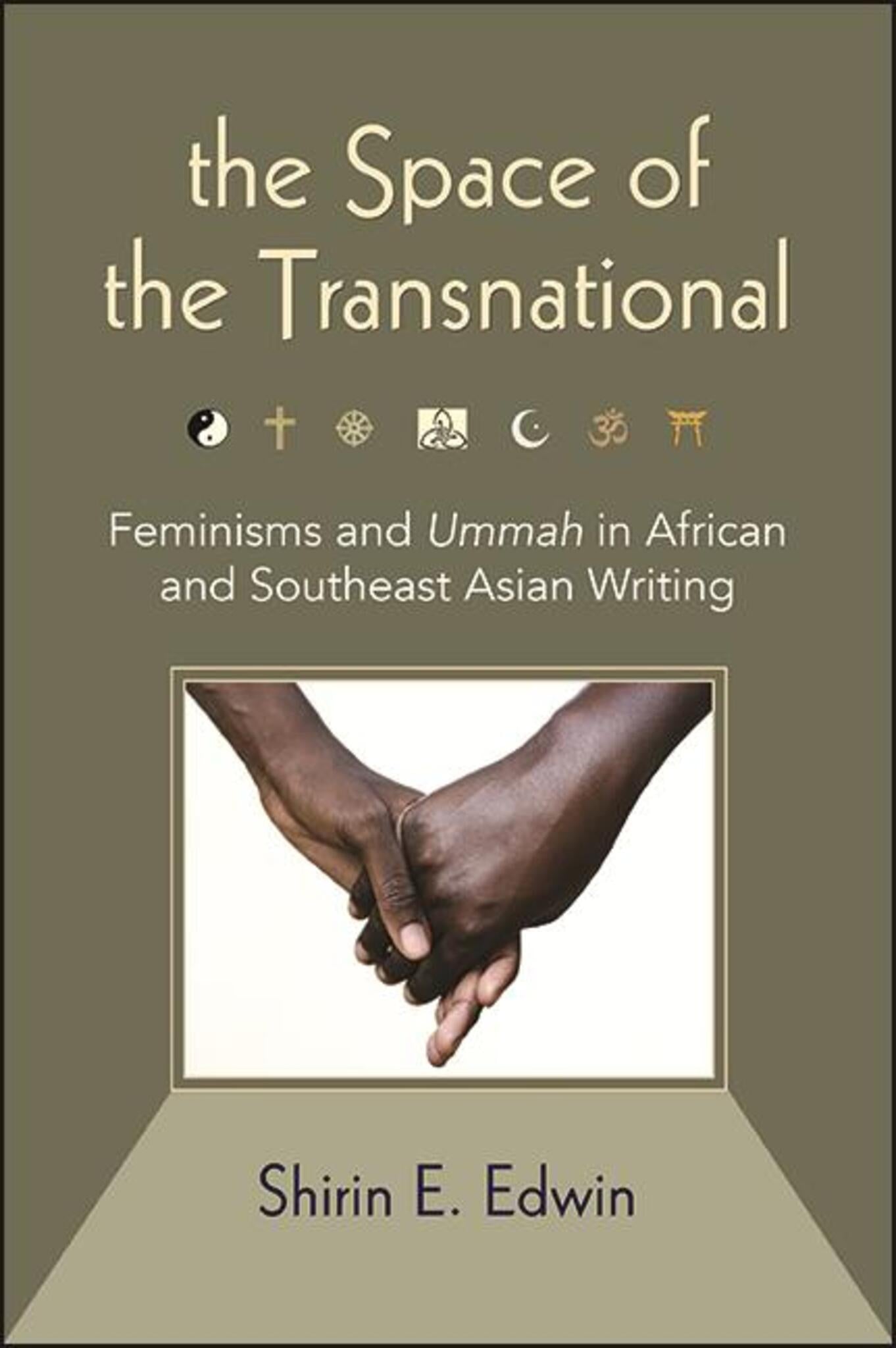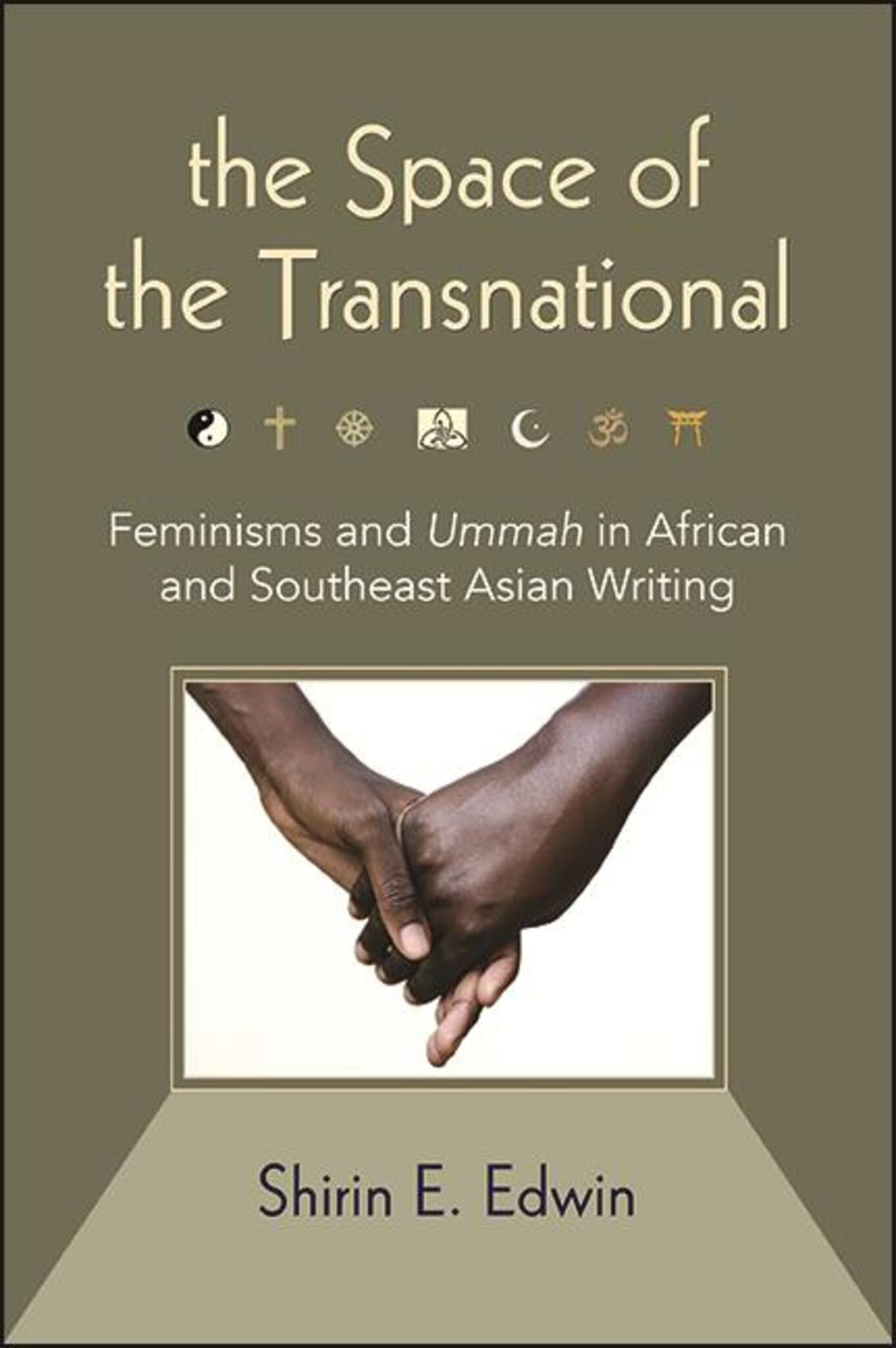We're sorry. An error has occurred
Please cancel or retry.
The Space of the Transnational

Some error occured while loading the Quick View. Please close the Quick View and try reloading the page.
Couldn't load pickup availability
- Format:
-
01 December 2021

Challenges and reimagines transnational feminism by analyzing the concept of ummah, or community, in Muslim women's writing.
This book examines Muslim women's creative strategies of deploying religious concepts such as ummah, or community, to solve problems of domestic and communal violence, polygamous abuse, sterility, and heteronormativity. By closely reading and examining examples of ummah-building strategies in interfaith dialogues, exchanges, and encounters between Muslim and non-Muslim women in a selection of African and Southeast Asian fictions and essays, this book highlights women's assertive activisms to redefine transnationalism, understood as relationships across national boundaries, as transgeography. Ummah-building strategies shift the space of, or respatialize, transnational relationships, focusing on connections between communities, groups, and affiliations within the same nation. Such a respatialization also enables a more equitable and inclusive remediation of the citizenship of gendered and religious citizens to the nation-state and the transnational sphere of relationships.


Acknowledgments
Introduction: Mapping Disjunctures and Dissonance: Transnationalism as Transgeography in Ummah
1. Ummah and Friendships: Transgeographic Inscriptions of Transnational Islamic Feminisms
2. Windowed Encounters: Gazes, Times, and Ummah
3. Intimate Bonds: Marriage, Race, and Ummah
4. The Sterile Womb: Nation Space, Domestic Violence, Polygamous Relationships, and Ummah
Epilogue
Notes
Bibliography
Index



